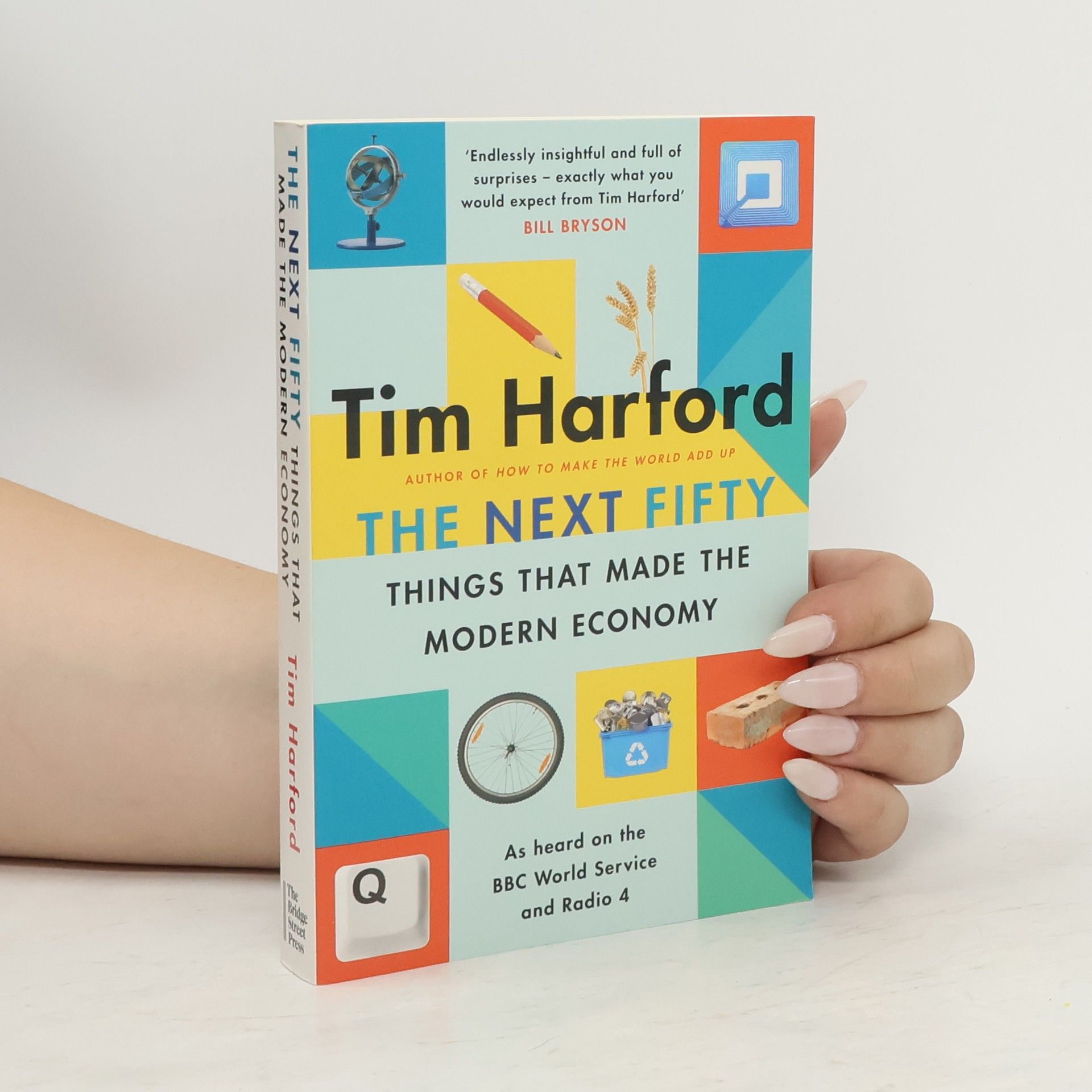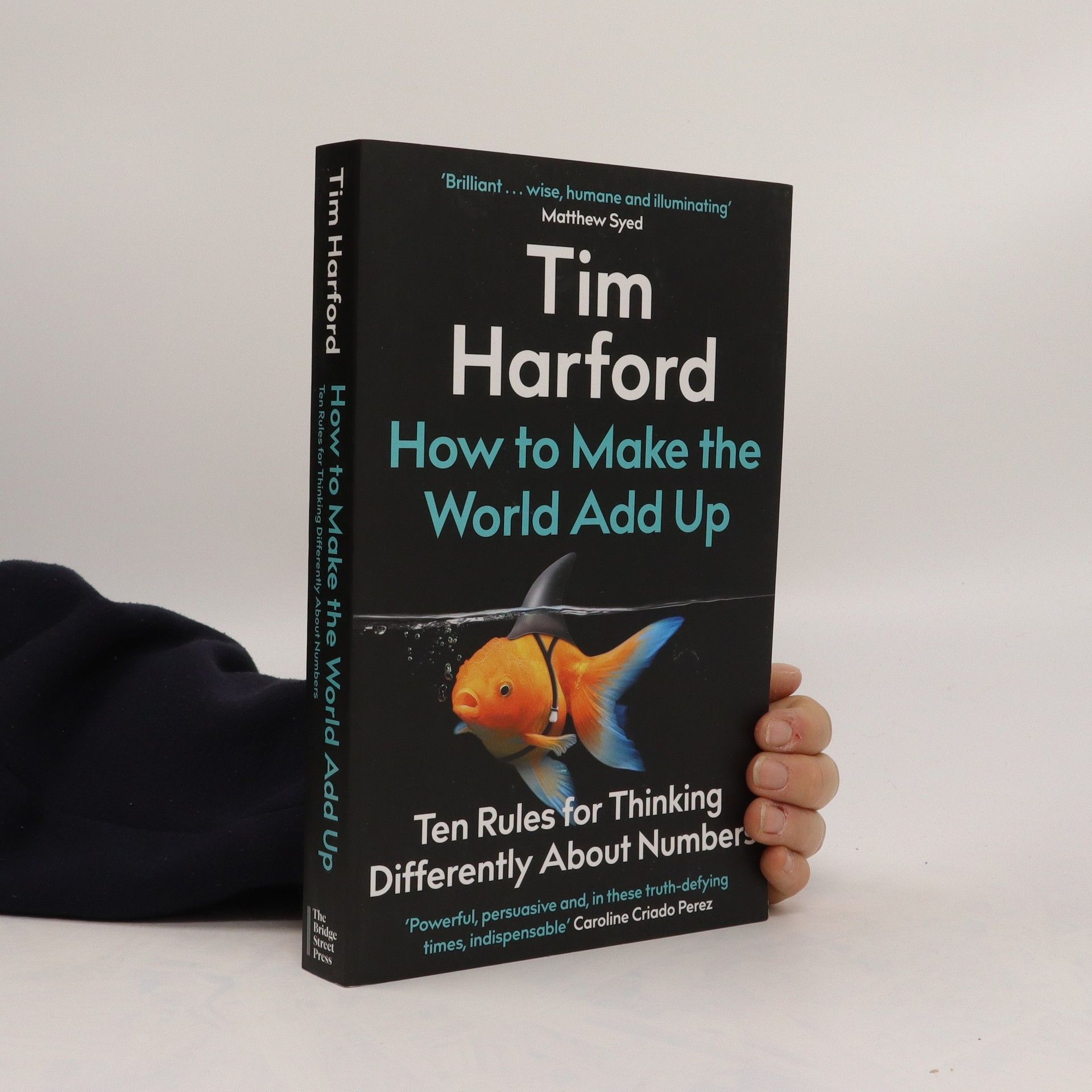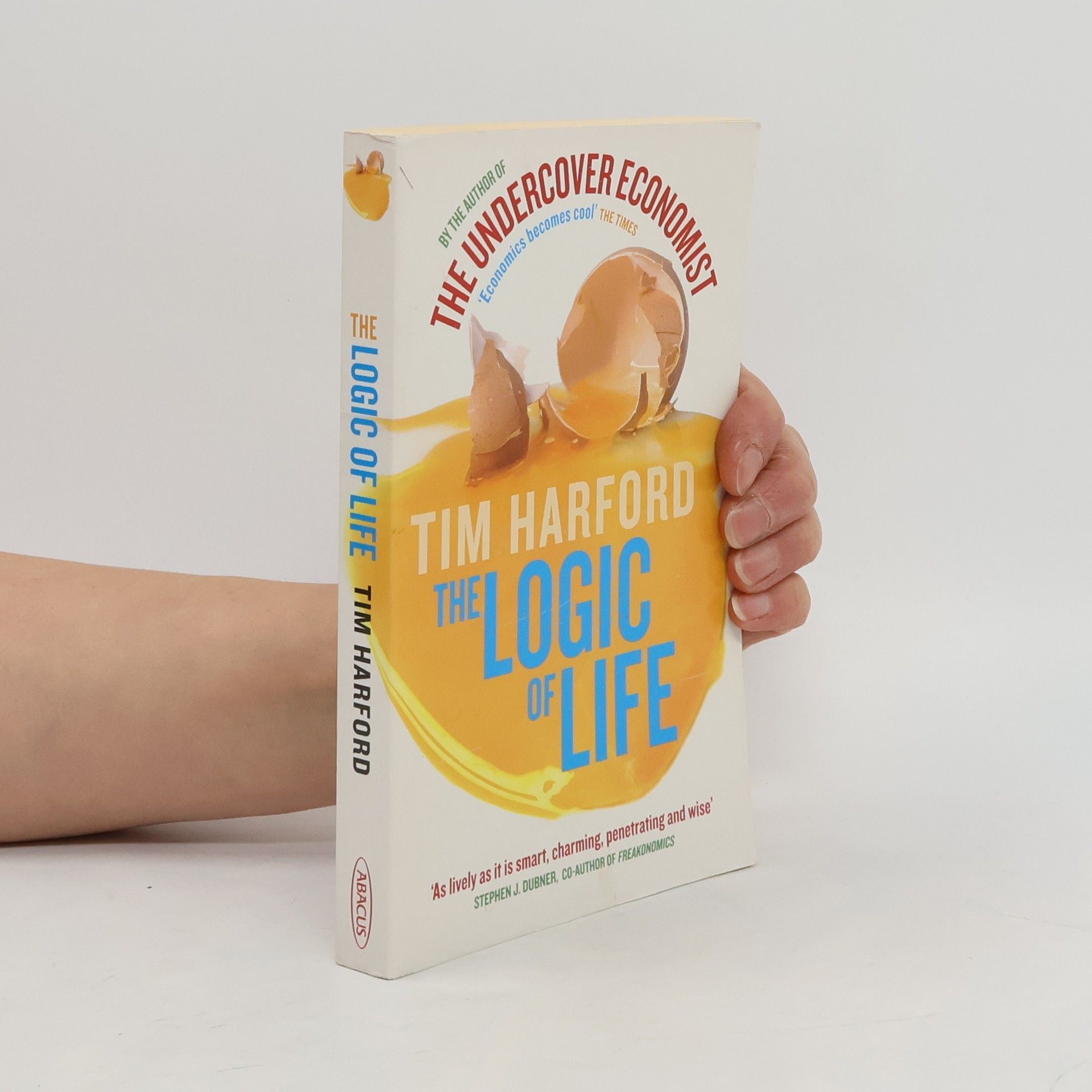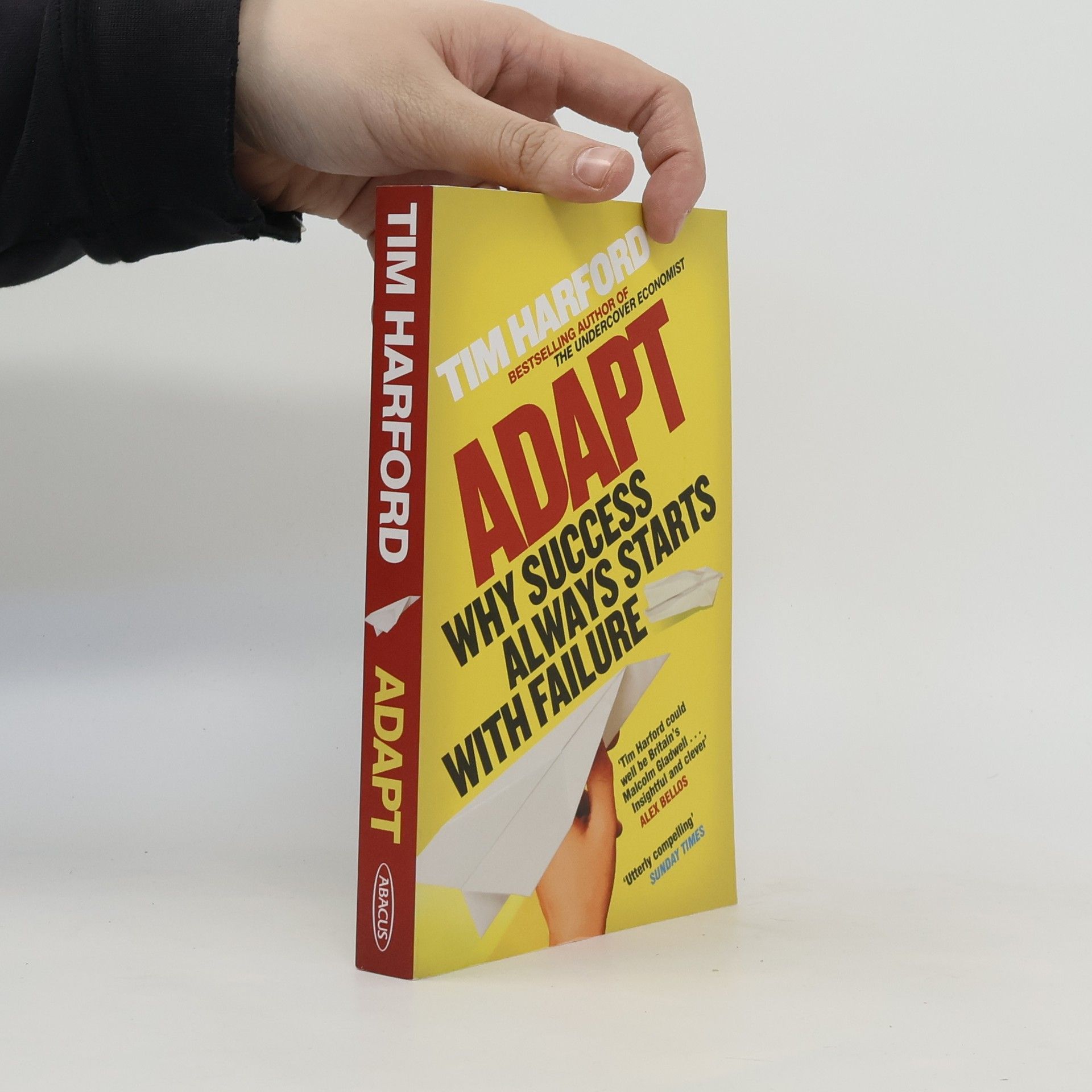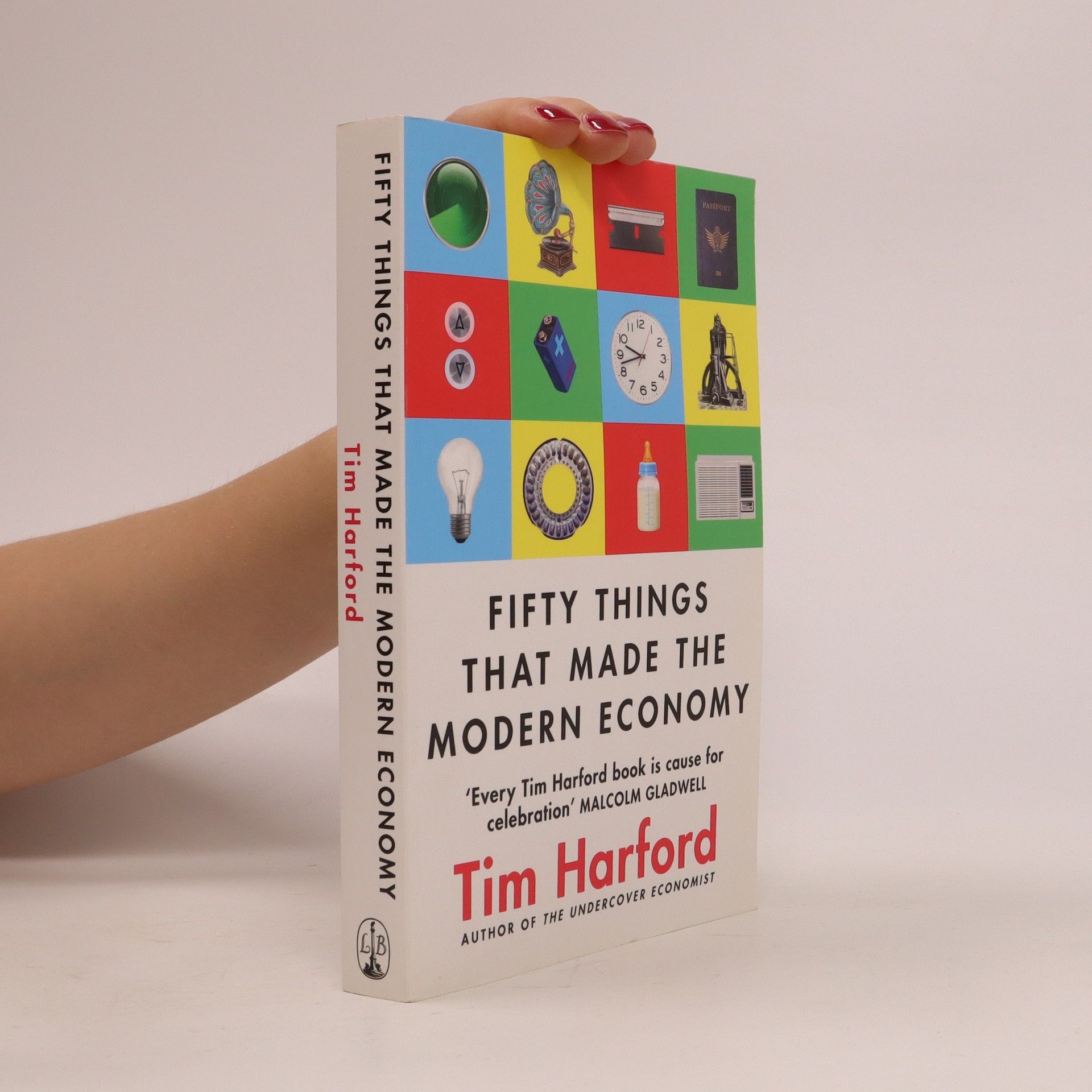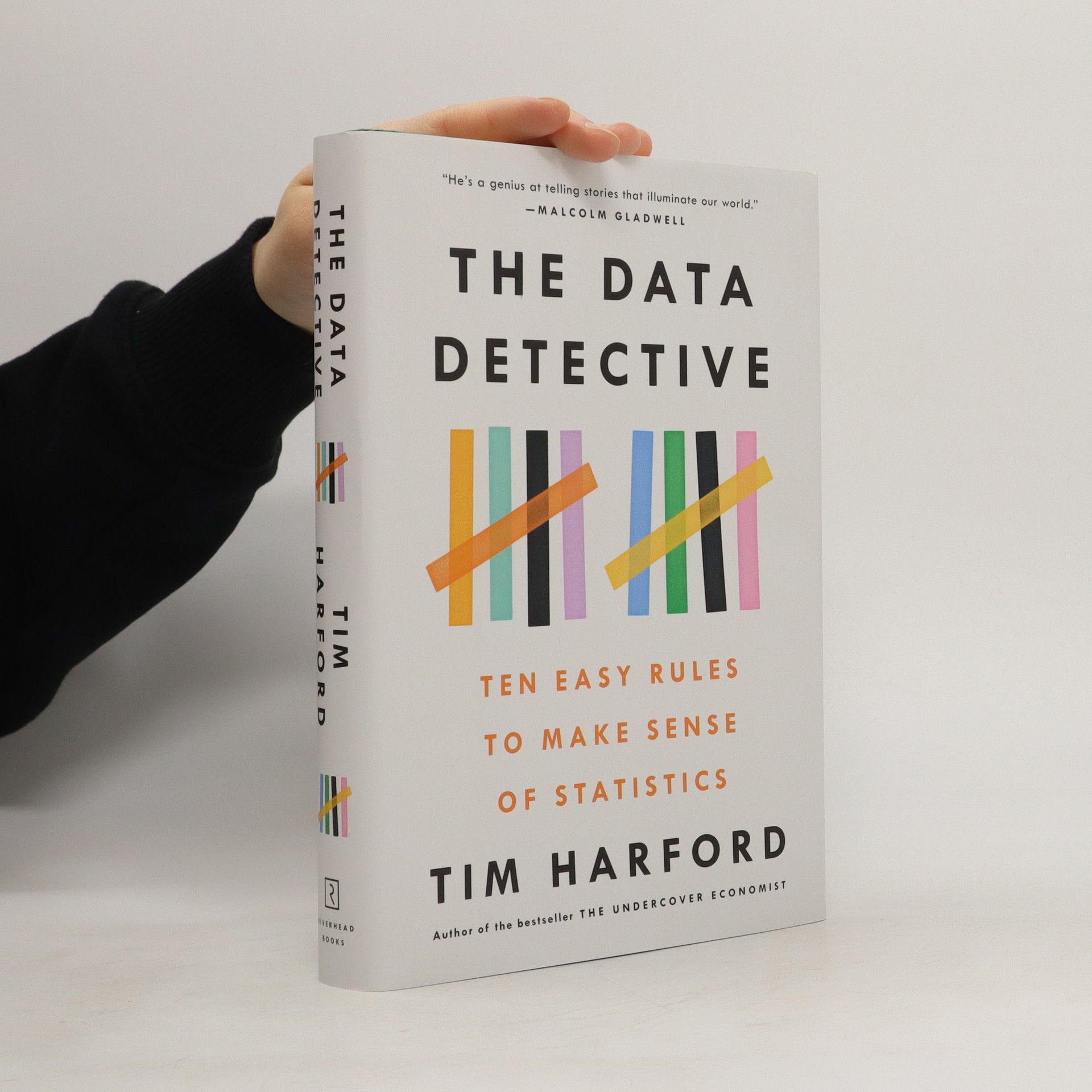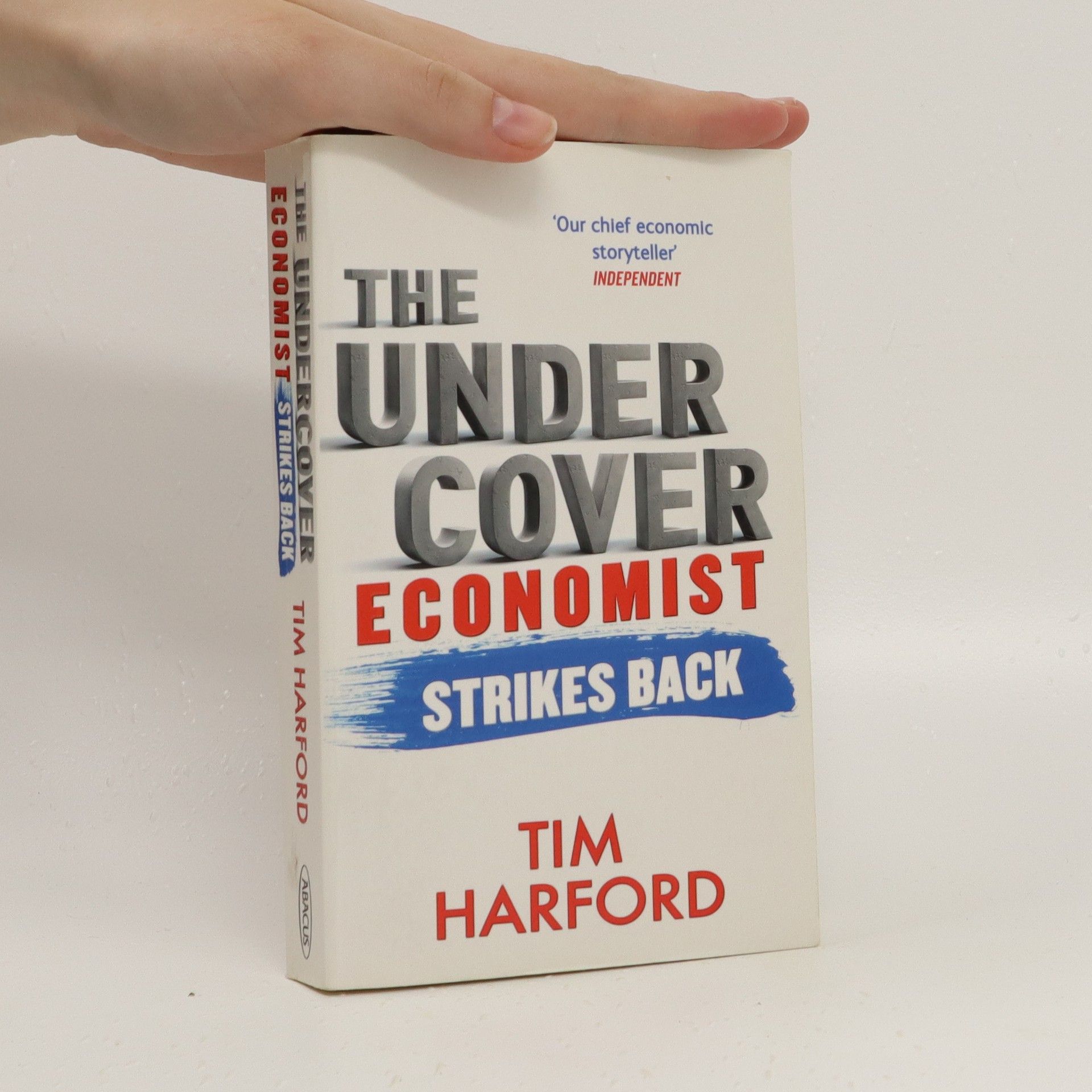Ako spočítať svet
- 344 stránok
- 13 hodin čítania
Kedy ste si naposledy prečítali ohromujúce číslo a pochybovali o jeho pravdivosti? Štatistiky sú všadeprítomné – v médiách, na sociálnych sieťach aj v bežných rozhovoroch. Pomáhajú nám rozprávať príbehy a chápať svet, no dnes ich často spochybňujeme. V správnych rukách môžu čísla zmeniť svet k lepšiemu; dobrá štatistika je nástroj, ktorý odhaľuje to, čo by inak zostalo neviditeľné. Autor, ekonóm a moderátor relácie na BBC, nás prevádza svetom dezinformácií a zlých výskumov, aby sme objavili krásu dát, ktoré skutočne pomáhajú. Zoznámi nás s fascinujúcimi postavami, ako sú falšovateľ umenia a striptérka, ktorá zbalila mocného kongresmana, a známych dátových detektívov ako Keynes, Kahneman či Nightingale. Odporúča nám prístupovať k dennodenným tvrdeniam so zvedavosťou a skepticizmom. Pomocou desiatich jednoduchých pravidiel na lepšie porozumenie číslam a jedného zlatého pravidla nás táto podnetná kniha učí, ako si všímať pôvod a prezentáciu čísel a vidieť, ako sa sčítavajú do celkového obrazu o našom svete.

